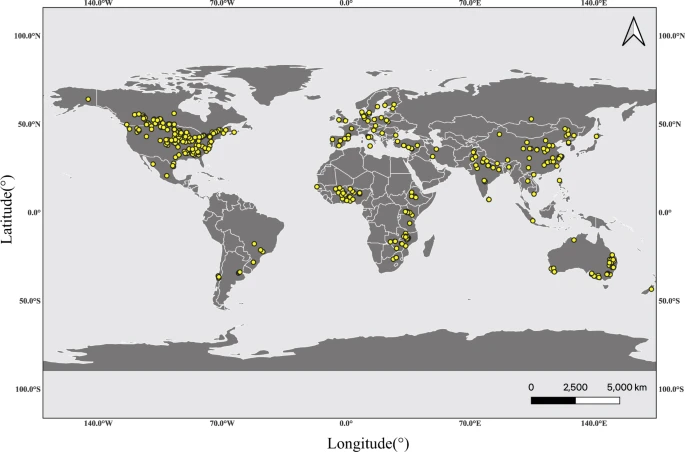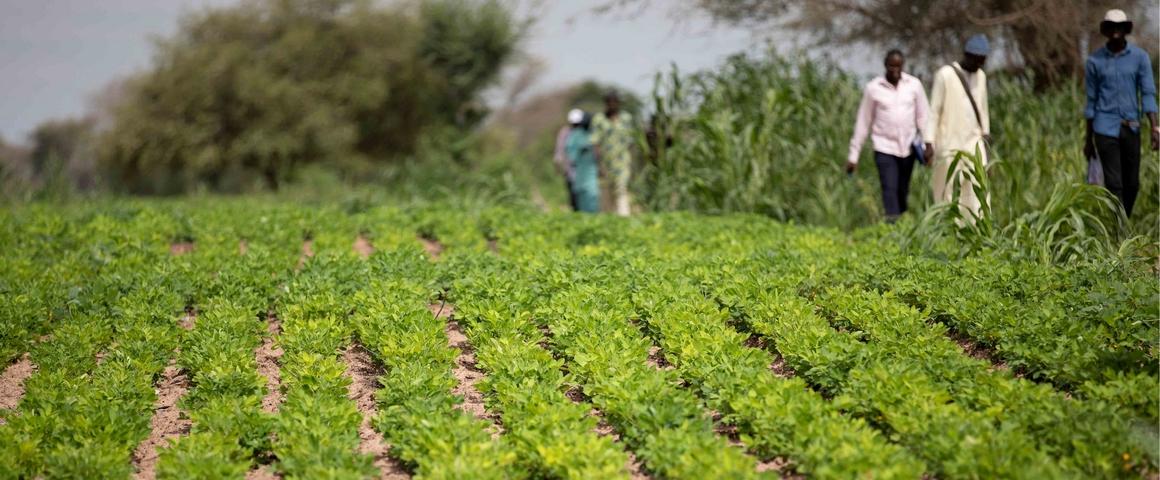10 - 13 October 2022. Committee on World Food Security CFS 50 - a selection from the SIDE EVENTS SCHEDULE
11/10. SE12: 13:30 – 14:45 Responding to the food crisis: 3 pioneering examples of building resilience through diversity IPES-Food; GAFF; SWISSAID; Alliance Bioversity-CIAT; Tanzania
Countries around the world are taking steps to mitigate the crisis and build the resilience that is urgently needed to protect against future shocks – from farmer-managed seed systems to the replacement of chemical inputs with agroecological practices. This event will hear about the pioneering responses governments are developing and deploying, and how we can ensure coordinated, comprehensive action at the global level.- Showcase innovative responses to the food price crisis that mitigate immediate impacts and kick-start longer-term transformation of food systems;
- Identify opportunities to cut dependency on synthetic fertilizer in the face of rising costs – and the challenges in diversifying production systems;
- Raise awareness of the importance of peasant seed systems and conducive regulations as levers for building resilience and transforming food systems.
Speakers:
- Oliver Oliveros Moderator, Global Alliance of the Future of Food
- Simon Degelo, SWISSAID: wrap up of the session
- Amadou Cheick Traore Conseiller technique Ministère de l'Agriculture Mali
- Santiago Arguelle SADER Mexico
- Irish Baguilat Coordinator for UN Decade of Family Farming
- Mamadou Goita IPES Food
- Carlos FADDA Theme Leader Productive Agricultural Ecosystems at Bioversity International
- Fergus Sinclair, ICRAF on the agroecology coalition
Fergus referred to the study:
Zhao, J., Chen, J., Beillouin, D. et al. 2022. Global systematic review with meta-analysis reveals
yield advantage of legume-based rotations and its drivers. Nature Communications.
See: 01/09 CIRAD Legumes increase crop yields by more than 20%
Introducing legumes into cropping systems improves yields of the main crops by around 20%, according to a new study published in Nature Communications.
The scientists synthesised 462 field experiments, totalling almost 12 000 yield observations across 53 different countries. The greatest benefits of legumes were observed in Africa, as well as in organic farming.




No comments:
Post a Comment